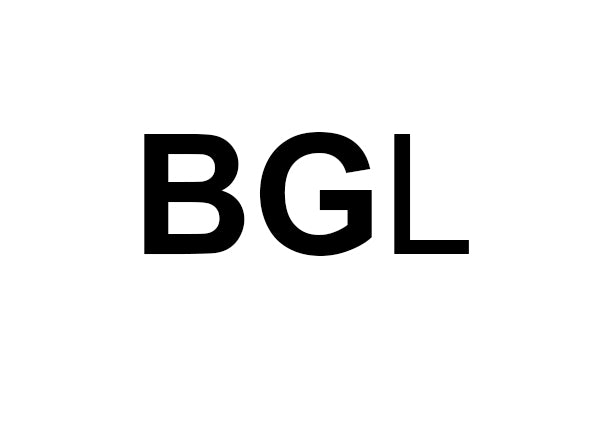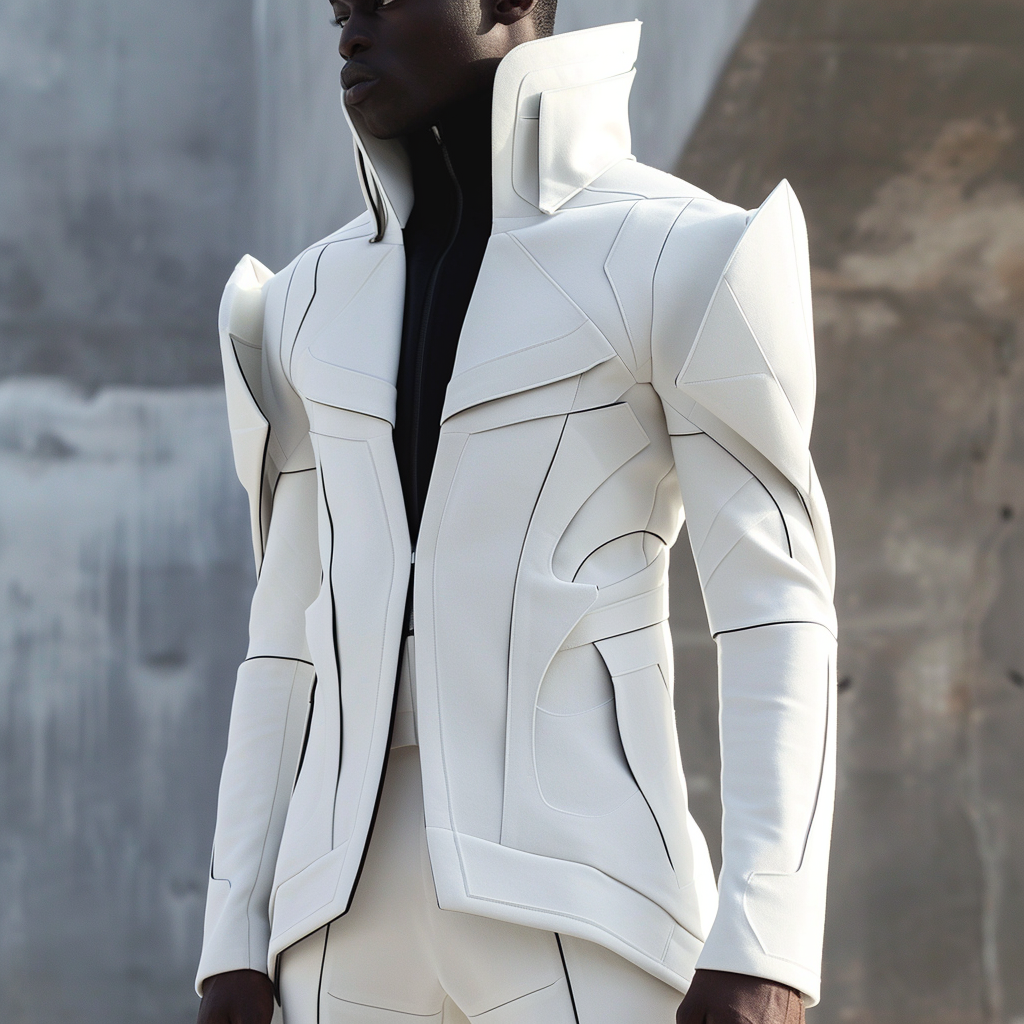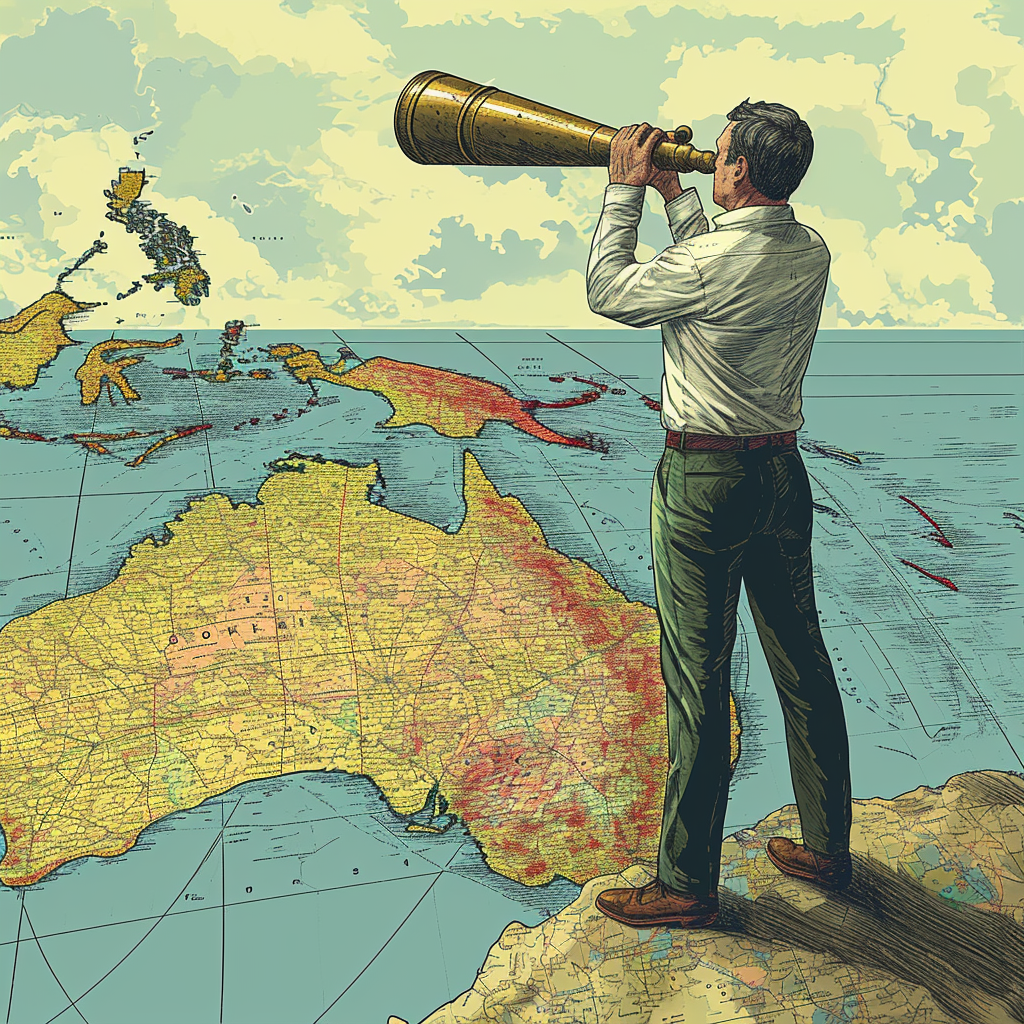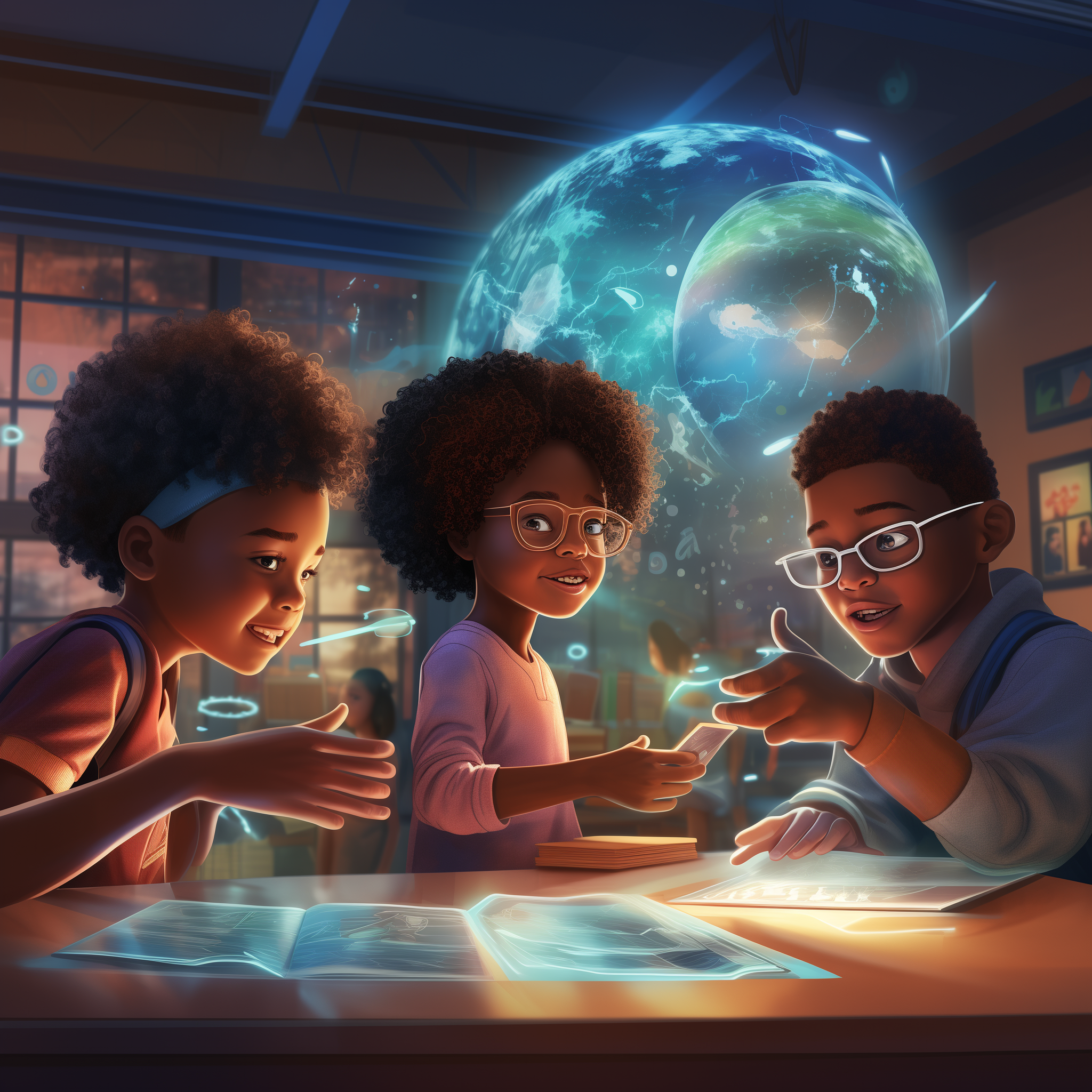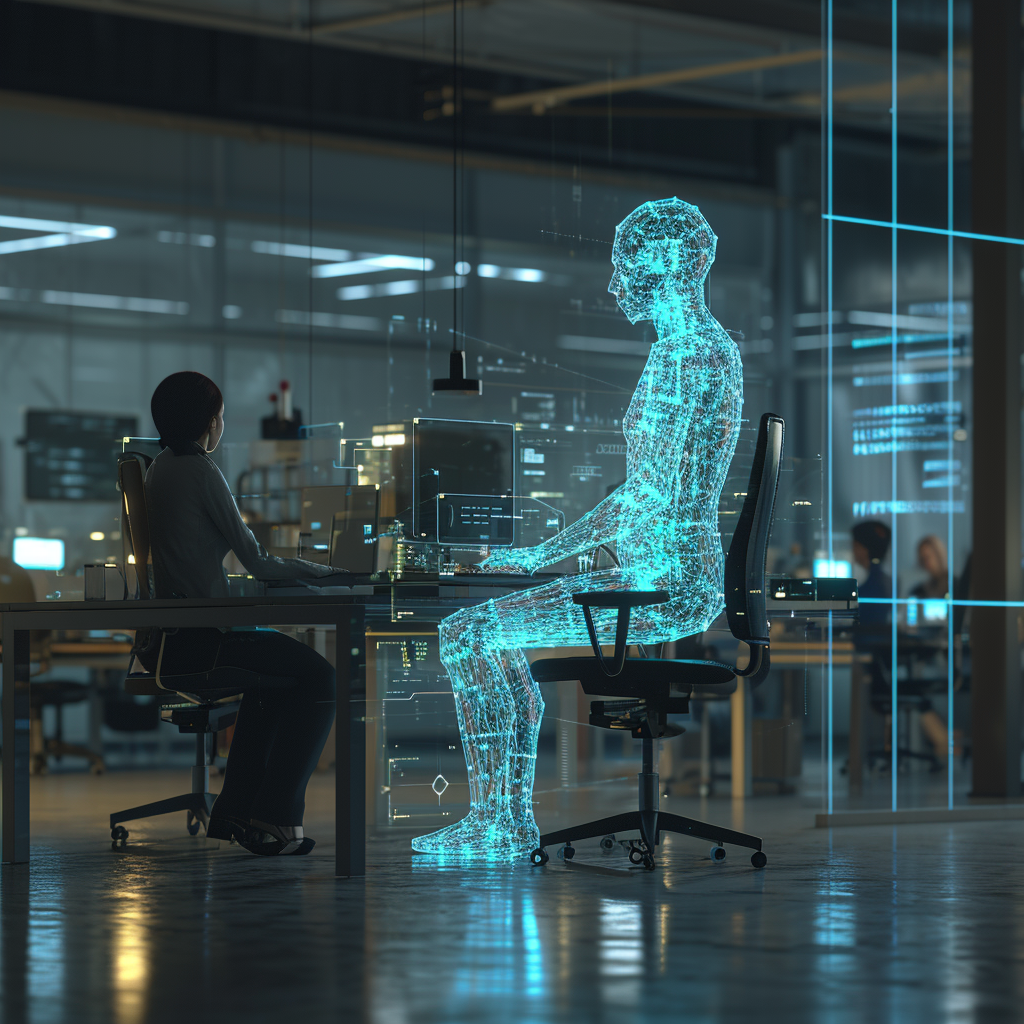
Will AI Steal Your Job? Not Exactly, But They'll Change It Forever
Silicon Valley's Buzzword Becomes Main Street's Buzzsaw: AI is Everywhere, and the Fear is Palpable.
From self-driving cars to chatbots replacing customer service reps, artificial intelligence (AI) is no longer the stuff of science fiction. It's woven into the fabric of our daily lives, a silent partner in everything from recommending Netflix shows to predicting traffic jams. But for many, this burgeoning presence isn't met with wonder, but with a gnawing fear – the fear of being replaced, rendered obsolete by machines programmed to outthink and outwork us.
This fear is particularly acute for those whose daily bread comes from manual labor or routine tasks. Truck drivers and data entry clerks see their jobs becoming algorithmic, their skills seemingly reducible to lines of code. The specter of mass unemployment, of entire industries hollowed out by robots, haunts conversations in diner booths and family gatherings.
Yet, amidst the anxieties, a different narrative is emerging, one not whispered in Silicon Valley echo chambers, but articulated by experts and everyday innovators alike. It's a narrative that doesn't deny the transformative power of AI, but reframes it – not as a harbinger of joblessness, but as a partner in progress, a tool to be wielded by humans, not the other way around.
"The idea that AI will completely replace human jobs is a fallacy," asserts Dr. Maya Agarwal, a leading AI ethicist. "What it will do is disrupt traditional work models, demanding new skills and reshaping existing ones. The jobs of tomorrow won't be about competing with machines, but about collaborating with them."
This collaboration, proponents argue, will unlock unprecedented possibilities. Imagine surgeons guided by AI algorithms in the operating room, their hands steadied by machine precision. Or teachers empowered by AI tutors, able to personalize learning for each student in real-time. These are not dystopian visions, but glimpses of a future where humans leverage AI's analytical prowess to focus on what they do best – creativity, empathy, critical thinking.
Of course, this transition won't be painless. The skills gap is already widening, leaving many scrambling to adapt. Retraining programs, accessible education, and social safety nets become crucial investments, not merely talking points. The onus, however, isn't just on governments and tech giants. Individuals, too, must shed their fear and embrace the challenge of continuous learning, of acquiring the skills that will allow them to thrive in this AI-powered landscape.
The future of work won't be about humans versus machines. It will be about partnership, about harnessing the unique strengths of both. Instead of cowering before the AI juggernaut, we must learn to ride it, steering it towards a future where technology amplifies our humanity, not replaces it. The challenge isn't to resist the coming wave, but to become expert surfers, navigating its turbulence and riding its crest towards a brighter shore.
This story isn't just about avoiding technological unemployment; it's about rewriting the very narrative of AI. It's about remembering that technology, even the most sophisticated, is ultimately a tool – a tool that can be wielded for good or ill, depending on the hands that hold it. And in the hands of a curious, adaptable, and collaborative humanity, AI can become the brush with which we paint a brighter future, not the weapon that destroys the present.
So, will robots steal your job? Not if you grab the paintbrush first.
BY: Abby G + AI
